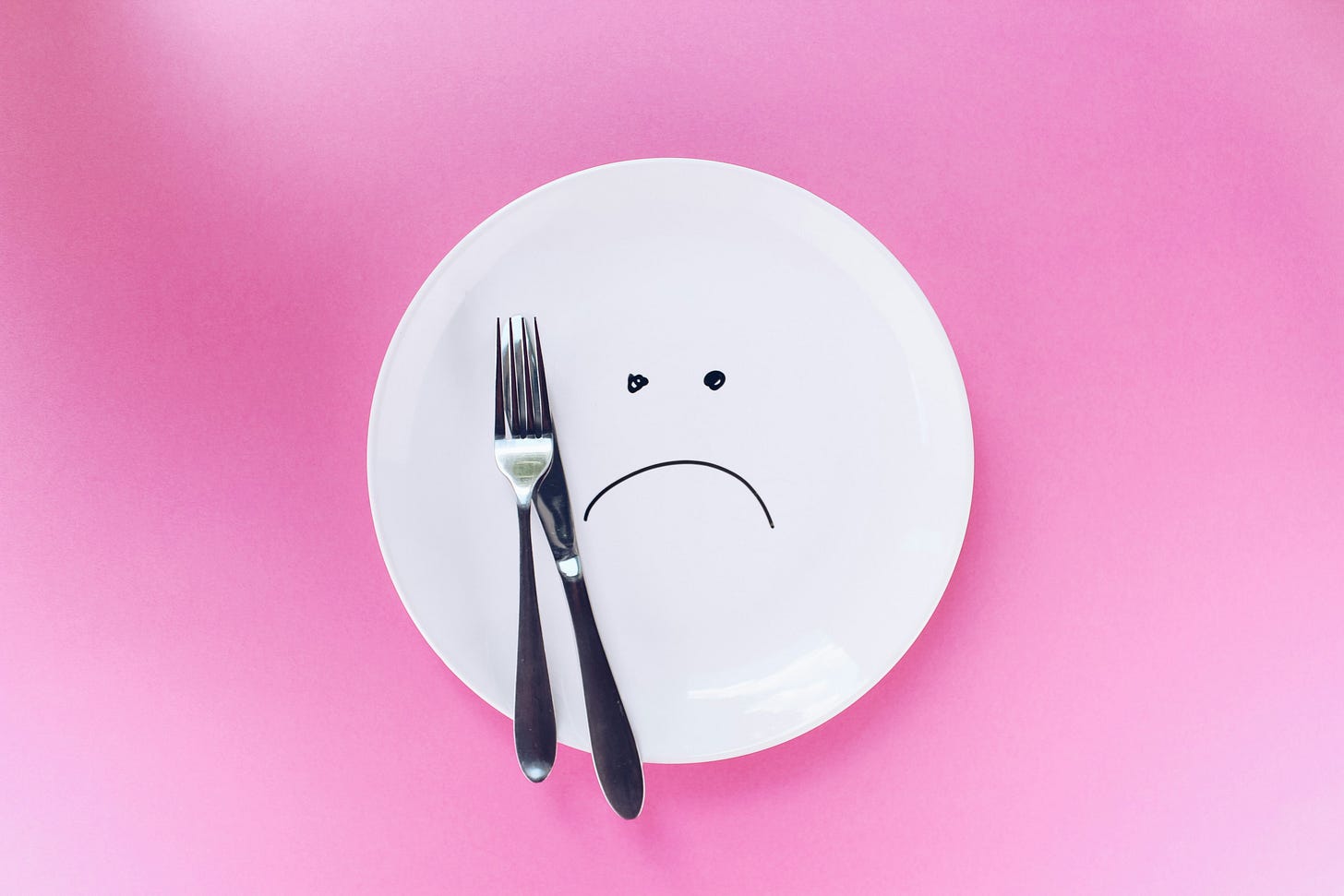We need an honest approach to weight loss
As resolution season approaches, here are some things to consider about new eating habits

Global obesity rates are rising, and health officials are referring to our bulging waistlines as an epidemic. Lifestyle diseases like diabetes, heart disease, cancer, and stroke are overwhelming national health systems, and, so far, prevention strategies have been spectacularly unsuccessful.
The weight reduction mantra, based on how the body uses energy, emphasizes diet and exercise (eat less, exercise more). However, exercising to reduce weight is only minimally effective, even if exercise levels are extreme, so the key component is diet.
As a new calendar year often prompts resolutions to ‘get fit’ by eating better and exercising, these thoughts may be helpful for those considering including diet ideas in their resolutions.
We overeat. Overeating is recognized as the primary cause of obesity. Supersizing fast food purchases, consuming ‘man-sized’ servings, and the convenience and economic viability of ‘family-size’ packaging in supermarkets all contribute to overeating.
We eat too frequently. The three-meals-per-day pattern emerged when life was more physically demanding. Three meals per day are no longer necessary. On one meal per day, most people will lose weight. Two meals per day will maintain weight.
Diets alone are generally ineffective because they are too short, too extreme, or people don’t stick to them. Ideal weight is achieved through long-term adherence to a sustainable and relatively easy-to-follow eating plan.
Eliminating entire food groups, such as pizza, ice cream, or chocolate, doesn’t work because it creates a sense of loss from the start. Food is not the problem; the amount of food is.
Cheat days incorporated into a diet eliminate the feeling of deprivation and make it easier to stick to the plan in the long run. Cheat days should be scheduled regularly.
A plan is great. A great plan is one you can stick to.
Weight loss drugs contribute to the problem. The primary function of semaglutide, the active ingredient in popular drugs like Ozempic and Wegovy, is to suppress appetite. Unless you’re diabetic, that’s all those drugs do. How they achieve this is beyond the scope of this article. But they do this without the necessary behavioral changes. Their primary action, suppressing appetite, leads to the same result as simply reducing your food intake.
Making a simple behavioral change would eliminate the high cost of these drugs and the need to take them continuously to maintain weight loss.
We consume excessive sugar. Is there anyone who isn't aware that there is too much sugar in our diets? The quickest way to lose weight is to stop drinking sugar. Instead of flavored drinks, sodas, specialty coffees, etc. drink water, black coffee, or plain tea. The amount of sugar that can be eliminated from the diet in this way is significant.
The commercial strategy for reducing caloric intake is to market low-calorie and low-to no-fat foods. It’s understandable that food manufacturers would prefer to solve this problem with a new product rather than encourage consumers to eat less. However, this approach is flawed because it doesn’t foster the behavior change of eating less, which is the only long-term solution. The mindset behind this strategy suggests that no changes are necessary and that overeating can be simply addressed by consuming something else.
Additionally, reduced-calorie items often do not satisfy, leading to increased consumption. When consumers become accustomed to food items like this, they may mistakenly believe they are eating a healthy diet. In reality, they end up consuming even more calories than before with chemically modified foods that come with their own set of health issues.
Weight loss demands calorie reduction. Successful diets are those that reduce calorie intake over the long term and are sustainable without excessive effort or the consumption of exotic foods. The fewer obstacles in one’s eating plan, the higher the likelihood of its effectiveness.



